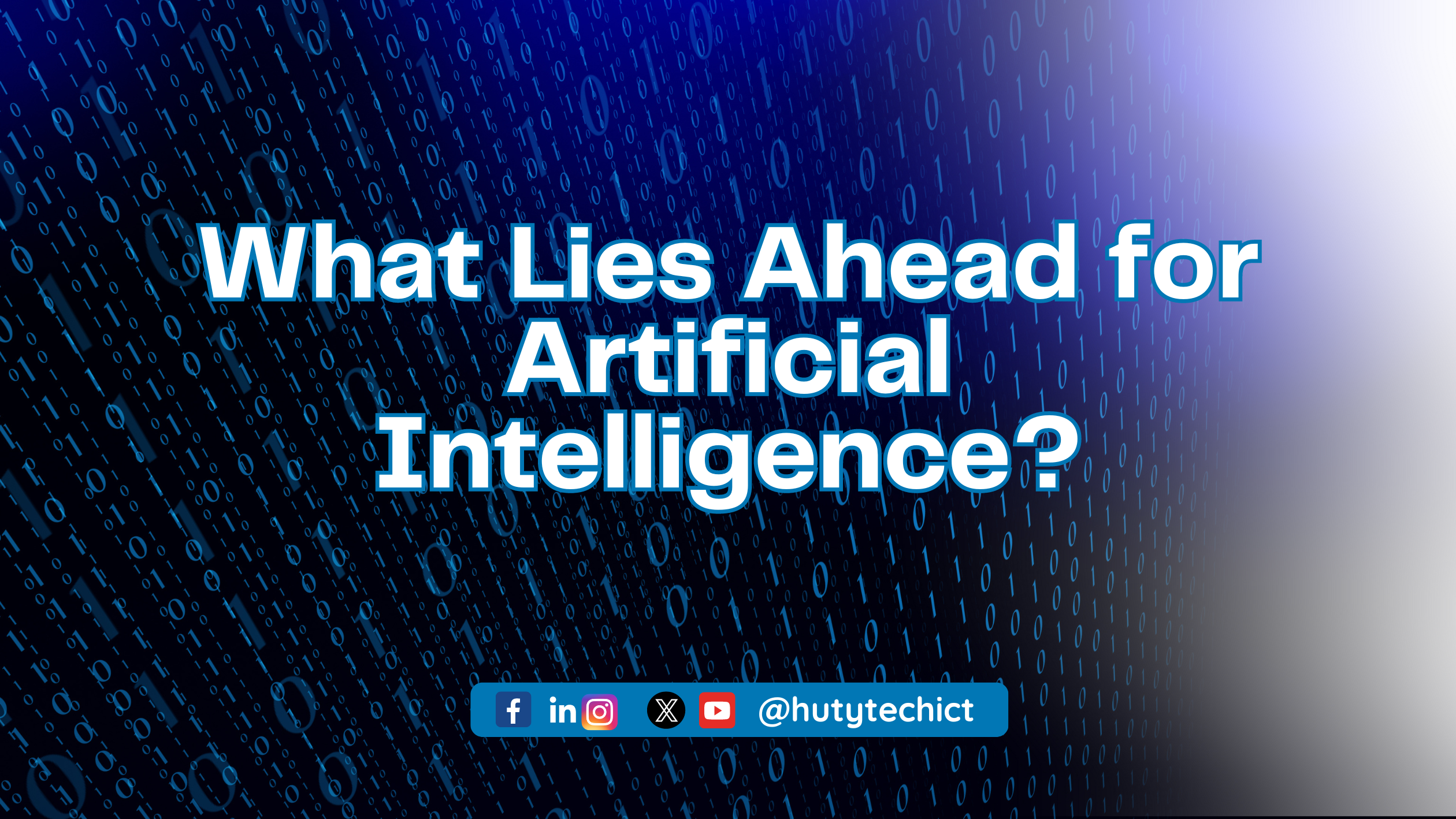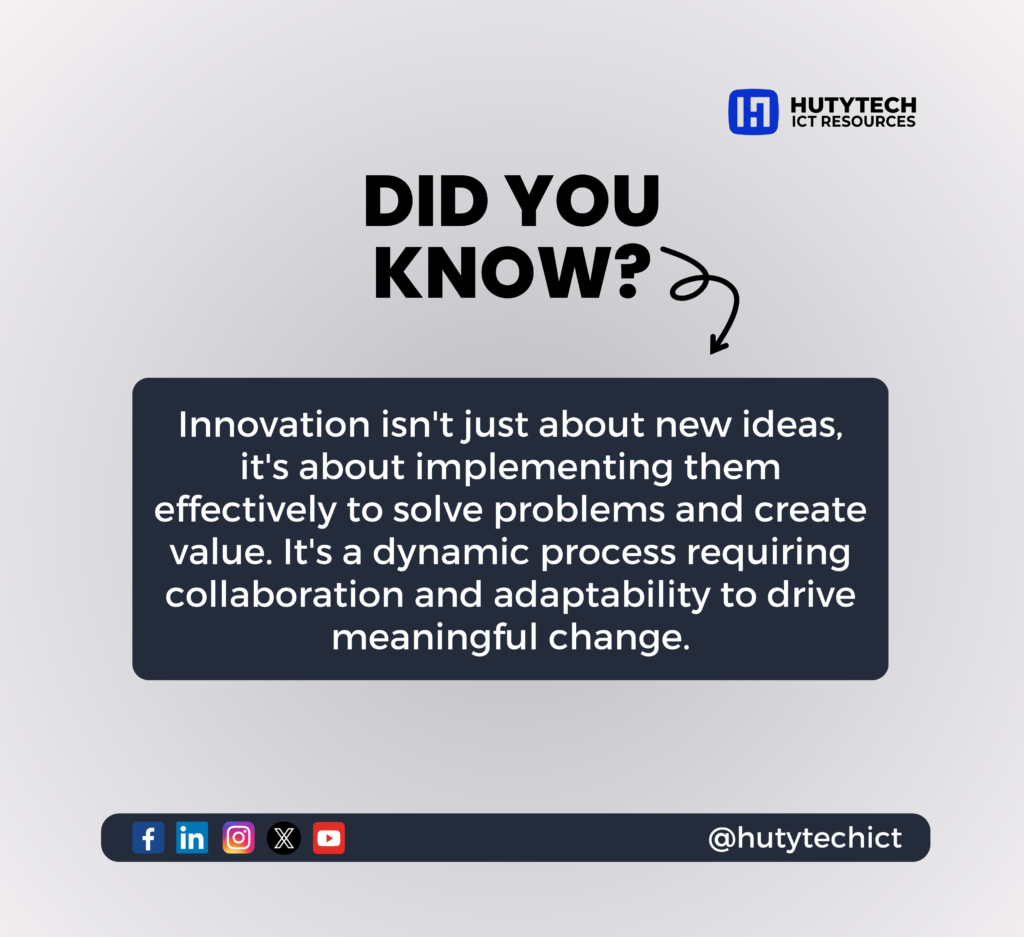
Exploring the Boundless Horizons: What Lies Ahead for Artificial Intelligence?
Artificial Intelligence (AI) has already made significant strides, transforming industries, augmenting human capabilities, and reshaping the way we live and work. But what does the future hold for this groundbreaking technology? In this blog post, we’ll peer into the crystal ball and explore the potential future of AI.
1. Advancements in Deep Learning and Neural Networks
Deep learning, a subset of AI, has fueled many recent breakthroughs, from image and speech recognition to natural language processing. The future of AI will likely see further advancements in deep learning techniques and architectures, enabling even more complex and sophisticated AI systems. Neural networks will continue to evolve, becoming more efficient, scalable, and adaptable, unlocking new possibilities for AI applications.
2. AI-Powered Automation and Robotics
Automation powered by AI is poised to revolutionize industries ranging from manufacturing and logistics to healthcare and agriculture. In the future, we can expect to see AI-driven robots and autonomous systems performing increasingly complex tasks with precision and efficiency. From autonomous vehicles and delivery drones to robotic surgeons and caregivers, AI-powered automation will redefine the way we work and interact with machines.
3. Personalized AI Assistants and Virtual Companions
Personalized AI assistants like Siri, Alexa, and Google Assistant have already become ubiquitous in our daily lives. In the future, these assistants will become even more intelligent, proactive, and personalized, anticipating our needs and preferences before we even articulate them. Virtual companions powered by AI will provide companionship, support, and companionship, enhancing our well-being and quality of life.
4. Ethical and Responsible AI Development
As AI becomes more pervasive, concerns about bias, fairness, and accountability will become increasingly important. In the future, there will be a greater emphasis on ethical and responsible AI development practices, aimed at ensuring that AI systems are transparent, accountable, and aligned with societal values. Regulations and guidelines will be put in place to govern the ethical use of AI and protect against misuse and abuse.
5. AI-Augmented Creativity and Innovation
AI has already demonstrated its ability to augment human creativity and innovation in fields like art, music, and design. In the future, AI will become an indispensable tool for artists, designers, and innovators, helping them explore new possibilities, break creative barriers, and unleash their full potential. Collaborations between humans and AI will become increasingly common, blurring the lines between man and machine and pushing the boundaries of what is possible.
Conclusion
The future of AI is bright and full of promise, offering unprecedented opportunities to improve our lives, advance our civilization, and unlock new frontiers of knowledge and understanding. As AI continues to evolve and mature, it will become an ever-present companion, partner, and ally, augmenting our capabilities, enhancing our creativity, and enriching our experiences in ways we have yet to imagine. By embracing the potential of AI responsibly and ethically, we can shape a future that is equitable, inclusive, and empowering for all.

